Denver, CO Drug & Alcohol Treatment Centers
Looking for help with addiction in Denver, CO?
Insurance
Treatment Programs
Looking for help with addiction in Denver, CO?

601 Snowpeak Ln Louisville, Colorado 80027

22422 E Main Street Parker, Colorado 80138
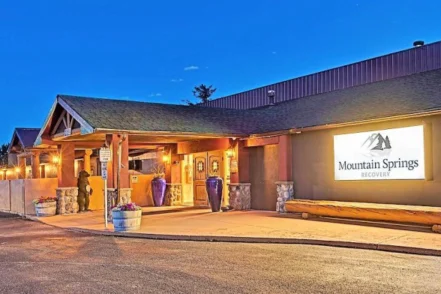
1865 Woodmor Monument, Colorado 80132
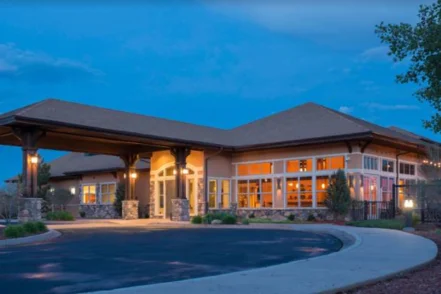
443 S. CO-105 Palmer Lake, Colorado 80133
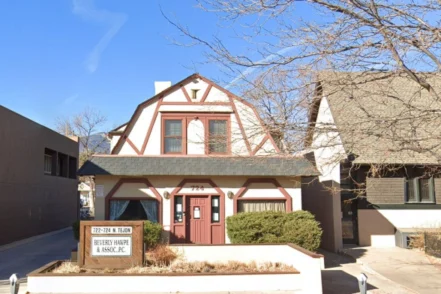
724 North Tejon Street Colorado Springs, Colorado 80903
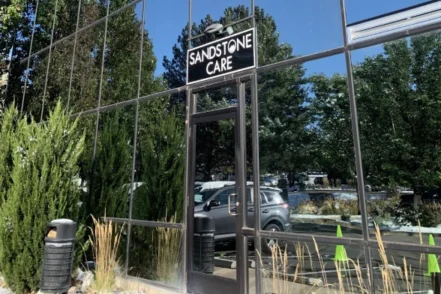
7555 East Hampden Avenue, Suite 103 Denver, Colorado 80231
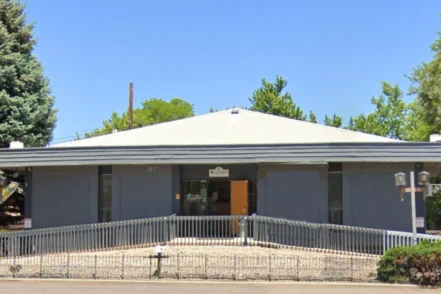
2017 West Eisenhower Boulevard Loveland, Colorado 80537
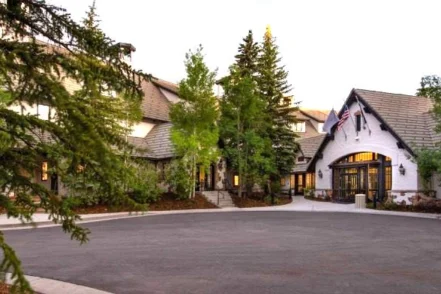
2205 Cordillera Way Edwards, Colorado 81632
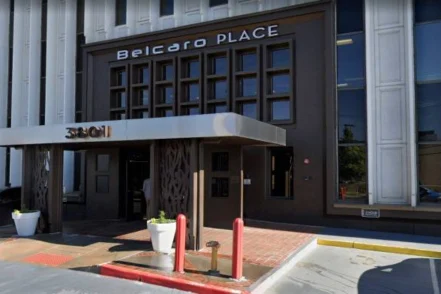
3801 East Florida Avenue, Suite 650 Denver, Colorado 80210

12567 W Cedar Drive, Suite 100 Lakewood, Colorado 80228